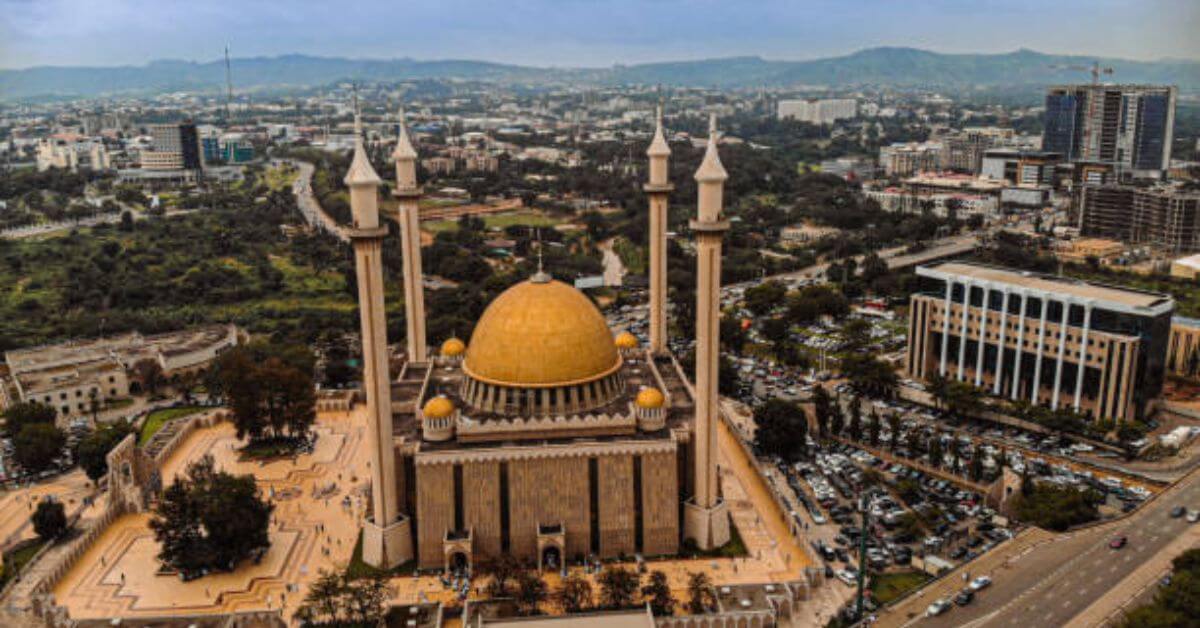Nestled at the heart of Nigeria, Abuja stands as a symbol of governance, culture, and national identity.
Yet, a peculiar status sets it apart from the country’s other regions – the absence of statehood.
In this exploration, we delve into the factors that have shaped and maintained Abuja’s unique status as the Federal Capital Territory (FCT), shedding light on its historical, political, and socio-economic dimensions.
A Historical Prelude: Abuja’s Founding and Purpose
To understand Abuja’s lack of statehood, one must first go through the halls of history.
Nigeria’s authorities envisioned a new capital in the late 20th century that would act as a neutral space and promote harmony among the country’s various ethnic and cultural groupings.
To avoid favoring any particular region, Abuja was chosen as the nation’s capital, a decision that later gave rise to the FCT’s distinguishing name.
- Political Environment and Unity: A Power Balance
The fact that Abuja serves as a neutral ground for governance is one of the main causes of its non-statehood.
To prevent any one ethnic or regional group from controlling national politics, the capital was chosen to be in the heart of the nation.
Abuja promotes a sense of national unity and deters divisive influences by remaining outside the purview of any state.
- The Federal Character Uphold: The Constitutional Nexus
Nigeria’s federal character principle strengthens Abuja’s special position even further.
According to this notion, important federal institutions like the presidency must be distributed evenly around the nation to guarantee fair representation and participation.
As the Federal Capital Territory (FCT), Abuja exemplifies this idea by existing independently of the other states and serving as a symbol of the country’s dedication to a fair allocation of power.
- Navigating Development through Urban Planning and Growth
In terms of urban planning and development, Abuja has a definite advantage due to the lack of statehood.
The federal government is directly in charge of the city’s master plan, which leads to the coordinated development of the infrastructure and contemporary urban planning.
Due to its strategic planning, Abuja has become a model city with well-organized sectors, cutting-edge amenities, and a tastefully designed urban environment.
- Complex Implications of Non-Statehood: Challenges and Opportunities
Abuja’s lack of statehood has not, however, been without difficulties.
As the FCT, the city is subject to a particular set of obligations and restrictions.
Discussions about the requirement for a more independent administration that can take care of the city’s particular requirements and objectives have been triggered by problems with representation, resource distribution, and local governance.
- Running the FCT: Juggling Integration and Autonomy
Despite the fact that the FCT is governed by the federal government, there has been increased interest in giving Abuja some degree of autonomy.
This perspective change might enable the city to meet its unique requirements while still serving as a representation of national unity.
In determining Abuja’s future course, finding the ideal balance between autonomy and integration will be essential.
- Fostering Identity: Cultural and social dynamism
Due to its lack of statehood, Abuja has a distinctive cultural and social environment.
The city promotes tolerance and understanding by acting as a melting pot for various cultures, customs, and viewpoints.
This diverse fabric contributes to Abuja’s thriving artistic, musical, and culinary communities, enhancing its character and heightening its appeal.
Unveiling Curiosity
- Exists a plan to grant statehood to Abuja in the future?
Although there has been discussion on the subject throughout the years, any potential change in Abuja’s position would need to be carefully considered in terms of how it may affect representation, governance, and national cohesion.
- What impact does Abuja’s lack of statehood have on its citizens?
Residents of Abuja benefit from planned urban growth and other advantages, but due to the city’s special circumstances, they also have issues with representation and governance.
- Is the federal character principle going to be changed in any way?
The federal character principle, which ensures inclusion and equitable representation, continues to be a crucial component of Nigeria’s governance.
- What advantages does Abuja’s special position afford the nation as a whole?
The neutrality of Abuja supports national cohesion, deters regional dominance, and encourages a balanced distribution of important institutions.
Conclusion
Abuja is a symbol of harmony and compromise in the tapestry of Nigeria’s diverse geography.
Its lack of statehood demonstrates the nation’s dedication to promoting equality, balanced development, and peaceful cohabitation.
The challenges and benefits of the city’s special status are still intermingled as it develops, adding to the dynamic story of Nigeria’s capital and its ascent to progress.





